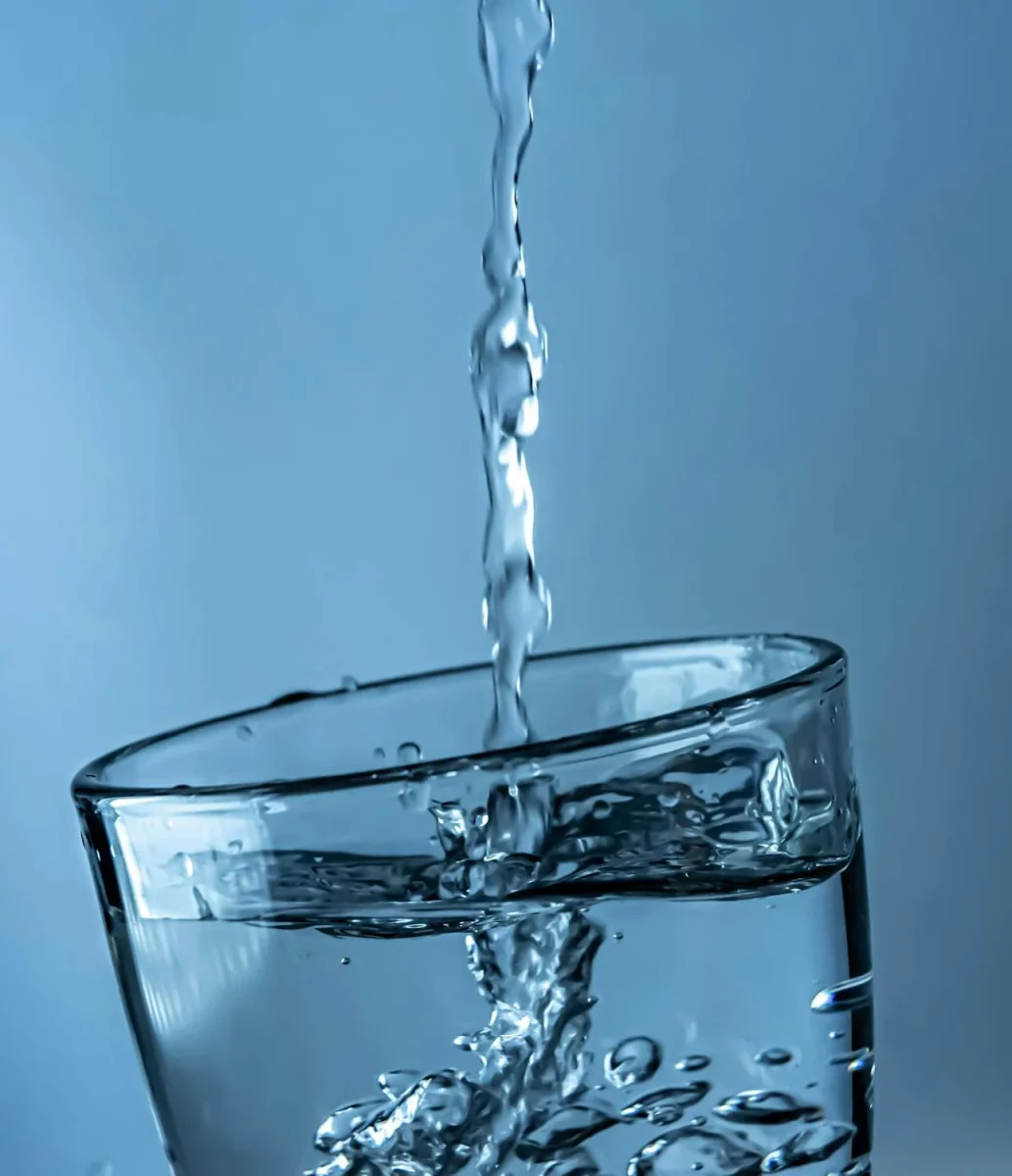In New Jersey, clean water seems intrinsic. It is not often that we stop and consider how lucky we are to have sanitary water for doing the dishes, washing our hands, or filling our water bottles in the mornings. Recently, however, dangerous E.coli bacteria threatened our clean water in Mount Olive Township, where, according to the Daily Record, the organisms were detected in two water systems a few weeks ago during routine water sampling, leading to a “boil-water advisory”. This kind of advisory urges the public to boil their water before using it for various purposes in order to kill bacteria and prevent illness.
Mount Olive Township updated this advisory multiple times. Although the county deleted one of these updates, the September 5th update, it can still be found as an archived PDF that provides many details regarding the situation. The township stated, “We are completing a comprehensive assessment of our water system and of our monitoring and operational practices to identify and correct any causes of the contamination. The two systems are being flushed. We are increasing sampling for coliform bacteria in the distribution system to assist in determining the cause of the contamination.”
Additionally, the township advised the public to sterilize their water not only before drinking it: It also warned against using unboiled water for washing food, brushing teeth, and more. The update gave information regarding the dangers of E.coli and how contamination of water systems can occur, and also noted where the public could go to attain potable water.
Mrs. Gizas, biology teacher at West Morris Central, was told about how E.coli bacteria were found during routine water sampling (as aforementioned) and also read the September 5th update. When asked about whether she thought the measures taken by Mount Olive were justified or not, she answered the following:
“This was actually really appropriate, because E.coli contamination is gonna come from human waste or animal waste…We have E.coli in our own intestines, but we cannot tolerate E.coli that comes from a different species or comes from very different people, like outside your own family.” Miss Gizas goes on to describe how foreign E.coli bacteria in one’s body could cause severe illness, especially for elders and babies. Later, in a different question, she explains one way in which this dangerous bacteria can enter water systems, noting, “I grew up in Louisiana and in Texas, and they have a lot of hurricanes that come through…When you have a big natural disaster like that, they mentioned it in here, that water runoff from the fields…is gonna come to your reservoir.” This water, she says, is often contaminated with manure and waste from animals.
Interestingly, Miss Gizas also says that she herself tested water for bacteria after college.
“We tested everything for microbial contamination.” She says.
She continues by describing the process of testing for contamination. The water would be placed in petri dishes which were later incubated at warm temperatures, catalyzing the growth of bacteria. Later, the dishes were examined for bacterial colonies.
“The bacteria have replicated so much that they start stacking up on top of eachother, and I can see this colony, this bump…and E.coli, I know what it looks like. It’s sort of a ivory color bacteria…There are guidelines on how many E.colis there can be per milliliter of water…if its too high, then you have to notify the township and they have to take the measures like you see here,” she explains. Her words convey valuable insight relating to water testing and how it is determined that water is safe or not safe for consumption.
In the end, despite the problems this advisory has caused, it was announced as lifted in the most recent update on the township website that did nothing to reveal the causes of the contamination. Though a disappointing end to an interesting occurrence, it is worth appreciating that the advisory is over. Water system contamination is difficult to deal with not only for the public, but for the township, which is tasked with protecting health and making sure clean water is always available. As for the general people, perhaps the best thing that they can do is to honor these advisories and to remember how lucky they are to live in a township that has a means of approaching contaminations within water systems.
































